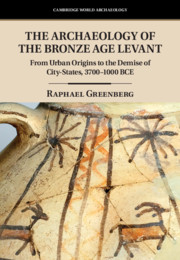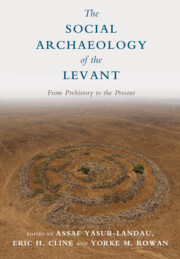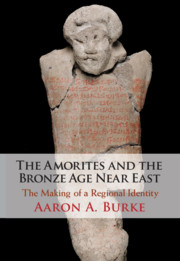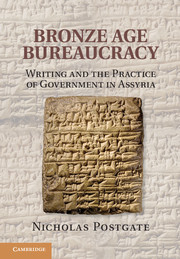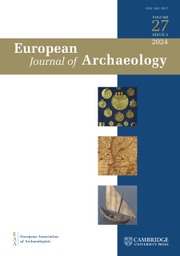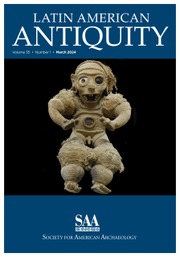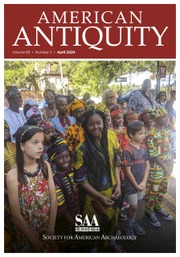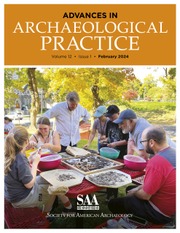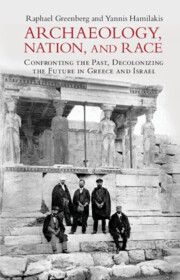The Archaeology of the Bronze Age Levant
From Urban Origins to the Demise of City-States, 3700–1000 BCE
Part of Cambridge World Archaeology
- Author: Raphael Greenberg, Tel-Aviv University
- Date Published: November 2019
- availability: Available
- format: Hardback
- isbn: 9781107111462
Hardback
Other available formats:
Paperback, eBook
Looking for an inspection copy?
Please email [email protected] to enquire about an inspection copy of this book
-
The Levant - modern Lebanon, southern Syria, Jordan, Israel and Palestine - is one of the most intensively excavated regions of the world. This richly documented and illustrated survey offers a state-of-the-art description of the formative phase of Levantine societies, as they perfected the Mediterranean village economy and began to interact with neighboring civilizations in Egypt and Syria, on the way to establishing their first towns and city-state polities. Citing numerous finds and interpretive approaches, Greenberg offers a new narrative of social and cultural development, emulation, resistance and change, illustrating how Levantine communities translated broader movements of the Near Eastern and Mediterranean Bronze Age - the emergence of states, international trade, elite networks and imperial ambitions - into a uniquely Levantine idiom.
Read more- A detailed, fact-based synthesis that addresses broad themes and trajectories, and bridges the divide between 'empirical' and 'theoretical' approaches
- Up-to-date and thoroughly referenced to the latest field research, as well as current interpretative approaches
- Transcends long-standing divisions based on modern borders
Awards
- Winner, 2020 G. Ernest Wright Award, American Schools of Oriental Research
Reviews & endorsements
'… It is the geographic characteristics of this region that shaped the Levant and its cultures, creating a uniquely Levantine idiom. Its diverse landscapes, microregions and climates, and lack of unifying geographic features tended to suppress the ability to accumulate great amounts of surplus or wealth (which, in turn, would have required the development of large bureaucracies). These tendencies also encouraged exploitation of the region by imperial powers. The result is the resilience, creativity, and flexibility to adapt to new situations as narrated in Greenberg's masterly, nuanced, and engaging account of the Bronze Age Levant.' Ann E. Killibrew, Journal of Eastern Mediterranean Archaeology and Heritage Studies
Customer reviews
Not yet reviewed
Be the first to review
Review was not posted due to profanity
×Product details
- Date Published: November 2019
- format: Hardback
- isbn: 9781107111462
- length: 426 pages
- dimensions: 259 x 183 x 23 mm
- weight: 1.03kg
- availability: Available
Table of Contents
1. Introduction
2. Villages and the growth of social power in the Early Bronze I
3. Urbanism and its demise in the Early Bronze II and III
4. The Intermediate Bronze Age – entering the orbit of Syria
5. Villages, manors, and integrated city-states of the Middle Bronze Age
6. The Late Bronze Age – under Egypt's heel
7. Conclusion – the legacy of the Bronze Age Levant.
Sorry, this resource is locked
Please register or sign in to request access. If you are having problems accessing these resources please email [email protected]
Register Sign in» Proceed
You are now leaving the Cambridge University Press website. Your eBook purchase and download will be completed by our partner www.ebooks.com. Please see the permission section of the www.ebooks.com catalogue page for details of the print & copy limits on our eBooks.
Continue ×Are you sure you want to delete your account?
This cannot be undone.
Thank you for your feedback which will help us improve our service.
If you requested a response, we will make sure to get back to you shortly.
×
